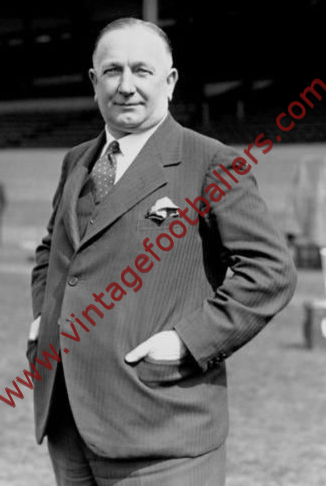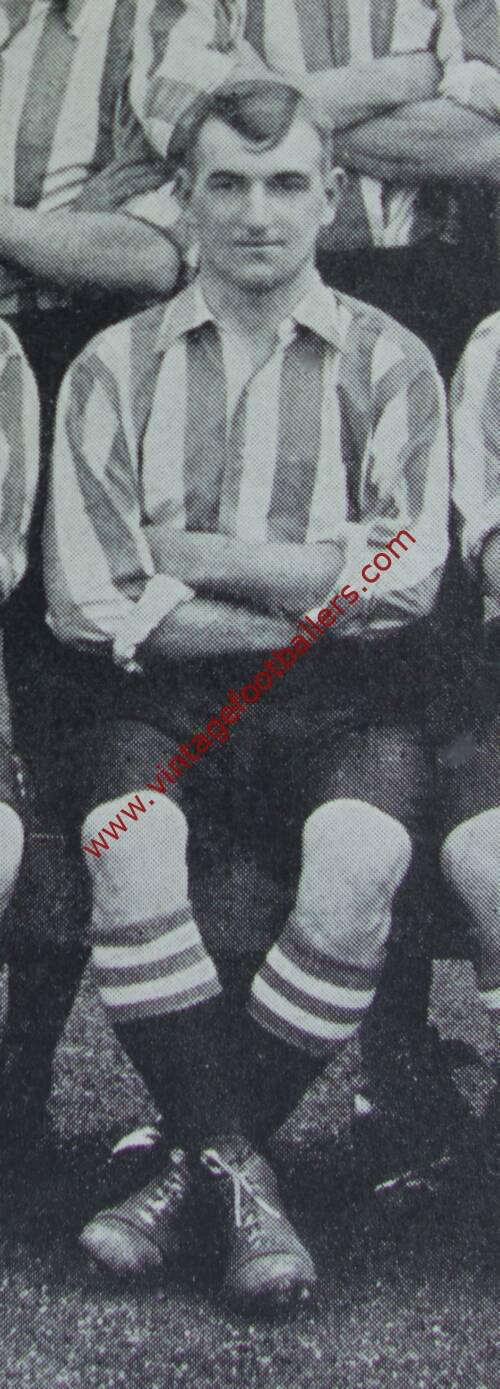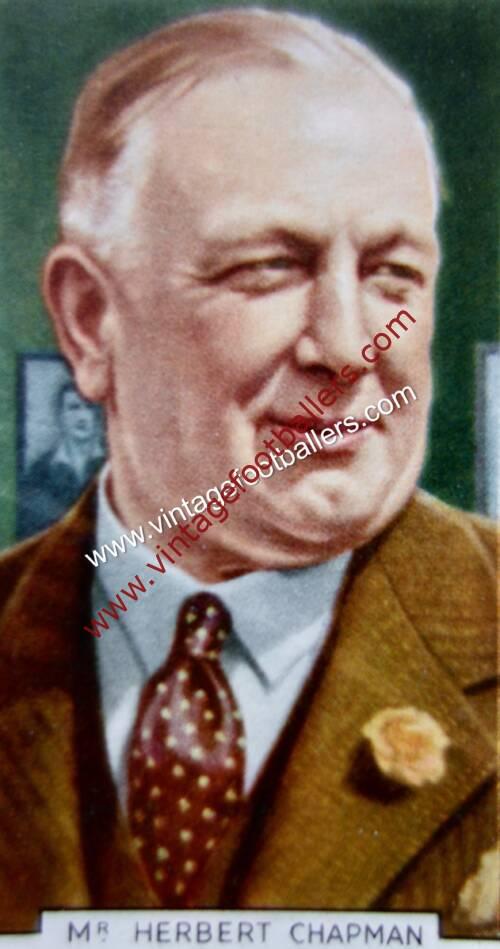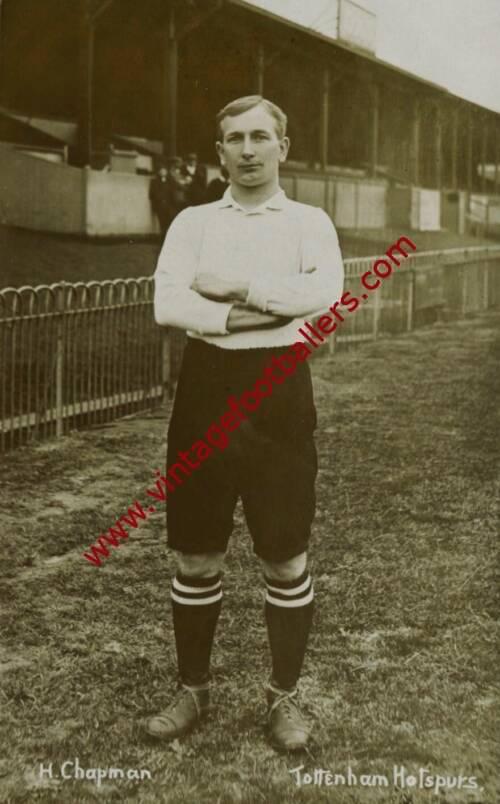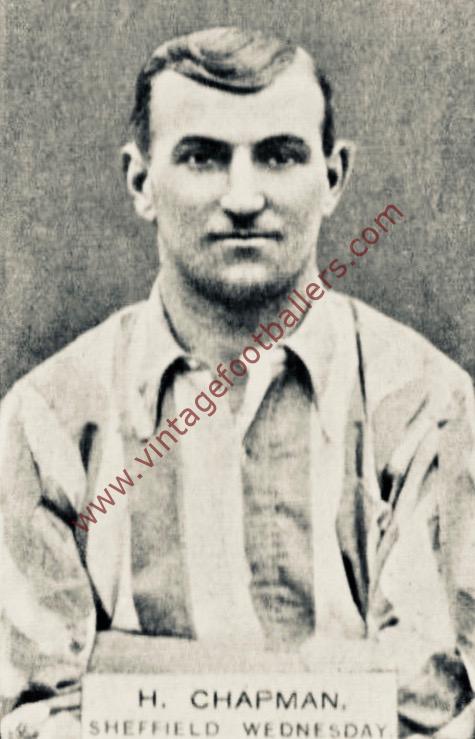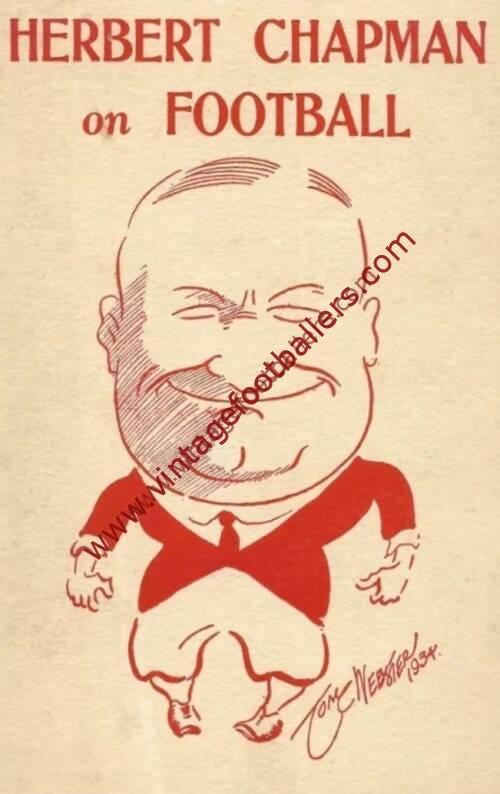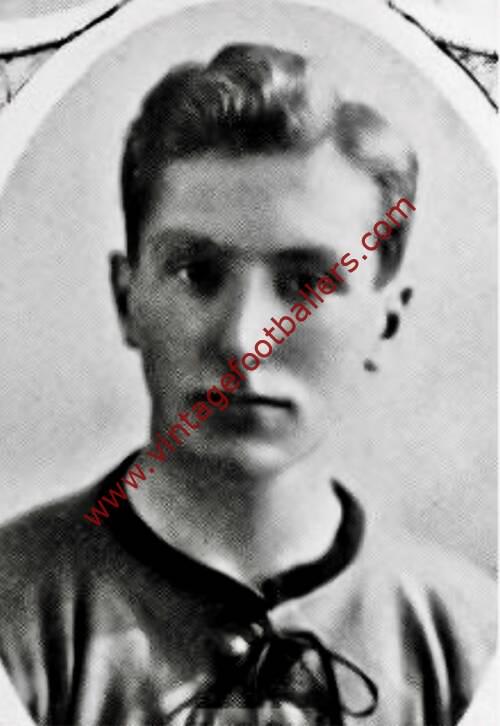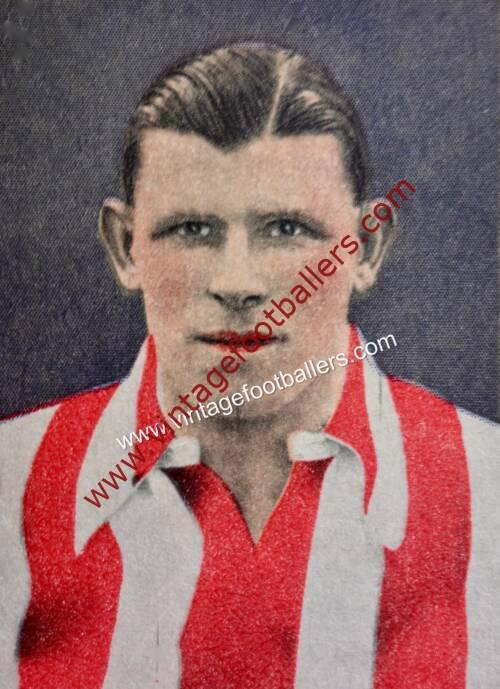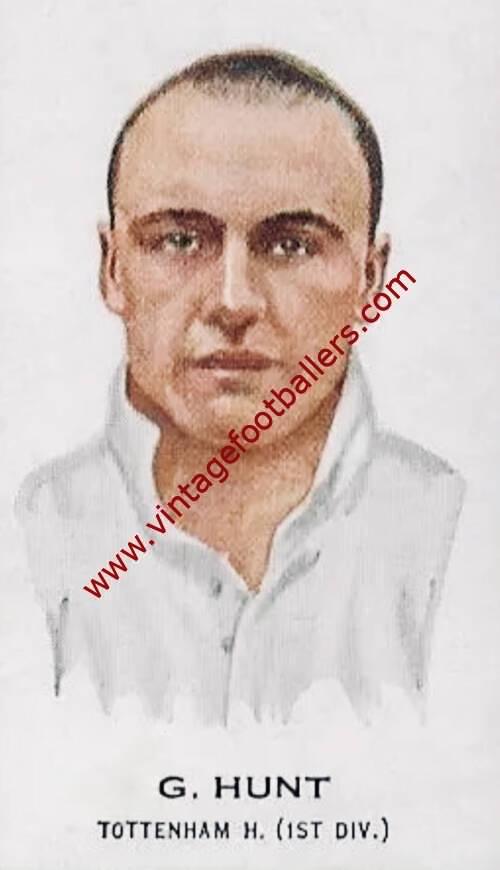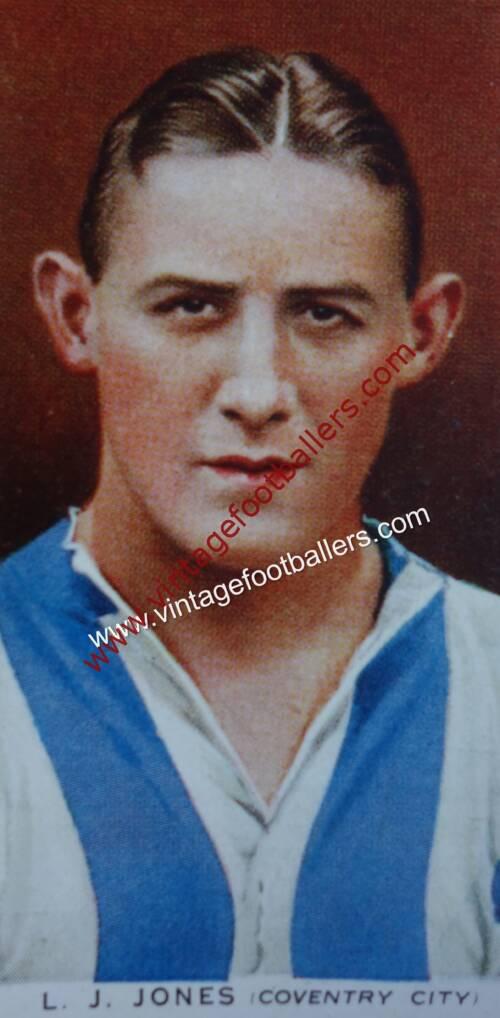Description
Kiveton Park, Rotherham, Yorkshire born inside forward Herbert Chapman was an English association football player and manager. Though he had an undistinguished playing career, he went on to become one of the most successful and influential managers in early 20th-century English football, before his sudden death in January 1934.
As a player, Chapman played for a variety of clubs, at Football League and non-League levels. His record was generally unremarkable as a player; he made fewer than 40 League appearances over the course of a decade and did not win any major honours.Chapman’s playing career was that of a typical journeyman, owing mostly to the fact he often played as an amateur; this meant that whether he could play for a particular club was dictated by whether he could find an appropriate job nearby. He first played as a youth for his local side, Kiveton Park Colliery in 1895. He moved to Ashton North End in 1896, before moving on to Stalybridge Rovers in 1897 and then Rochdale (not to be confused with the modern-day Rochdale A.F.C.) – all three clubs being members of the Lancashire League. Chapman played at inside right, and although he lacked the skill of his brother Harry, he compensated for it with his strength and robustness.
In 1898, he joined his brother Tom at Second Division Grimsby Town making his Football League debut at Manchester City that September. Though now playing in the professional Football League, Chapman was still an amateur at this stage and obtained a job with a firm of local solicitors to earn his way. Grimsby started the season poorly – they were near the bottom of the division by Christmas and were beaten 7-0 by Preston North End in the FA Cup, but rallied to finish tenth at the end of the 1898-99 season. By this time Chapman had been dropped from the team, having been unsuccessfully moved to centre forward, an unfamiliar position for him. He was released by Grimsby and drifted down into non-league football with a brief spell at Swindon Town in 1899, playing three games and scoring twice, but had to leave the club as he was unable to find a job in the area. He moved on to see out the season with Sheppey United, who finished bottom of the Southern League in 1899-1900. Chapman finished as United’s top scorer but was injured at the end of this season, and still unable to find a job. Disheartened, he returned to his home town and turned out for Worksop Town of the Midland League in 1900-01, while resuming his Engineering studies, this time at Old Firth College in Sheffield.
Because of his studies, he mainly played for Worksop’s reserves, but in a first-team match against Northampton Town he caught the opposition’s eye and they offered him a contract, leading him to turn professional for the first time in 1901. He played for Northampton for the whole 1901-02 season, finishing as top scorer with 14 goals in 22 games for the club. During that season he had impressed in an FA Cup match against Sheffield United, leading them to offer Chapman a contract at the end of the season; Chapman accepted but dropped down to amateur status, wishing to make use of his engineering qualifications in the local area. He played 22 matches and scored twice for United against Nottingham Forest and Bolton Wanderers, but struggled to keep his place in a team full of internationals, and was sold to Notts County for £300 at the end of 1902-03. Chapman turned professional again, but only made seven appearances in two years for County, scoring once in a win over Liverpool.
In 1904, Chapman moved back to his old club Northampton Town, playing a season effectively on loan from Notts County (as they kept his registration), before being transferred permanently in 1905 to Tottenham Hotspur for £70. He scored eleven goals for Spurs in their 1905-06 Southern League campaign. He spent 1906-07 in and out of the side, scoring just three goals. With the season drawing to a close, he decided that he had had “a good innings” and decided to leave Tottenham and professional football for good, in favour of pursuing his career in engineering.
Instead, he found success as a manager, first at Northampton Town between 1908 and 1912, whom he led to a Southern League title in 1908-09, finishing as runners up in 1910-11. This attracted the attention of larger clubs and he moved to Leeds City in June 1912, where he started to improve the team’s fortunes before the First World War intervened. After the War ended, City were implicated in an illegal payments scandal and were eventually disbanded. Chapman was initially banned from football but successfully appealed. He took over at Huddersfield Town in March 1921, winning an FA Cup and two First Division titles in the period of four years.
In May 1925, Arsenal successfully tempted Chapman to join them, and he led the club to its first FA Cup success in 1930 in addition to being twice finalists in 1927 and 1932, and two First Division titles in 1931 and 1933. His work at Arsenal resulted in them becoming the dominant team of the 1930s – they would win five League titles in the decade – but he did not live to see them do so, dying suddenly from pneumonia in January 1934, at the age of 55.
Not only credited with turning round the fortunes of both Huddersfield Town and Arsenal, he is regarded as one of the game’s first modernisers. He introduced new tactics and training techniques into the English game, as well as championing innovations such as floodlighting, European club competitions and numbered shirts, and has received many posthumous honours in recognition.
His younger brother Harry played for The Wednesday during the 1900’s, winning two League Championships and an FA Cup, also playing for and managing Hull City. His older brother Tom played for Grimsby Town.

